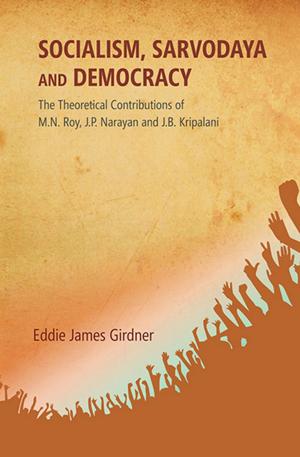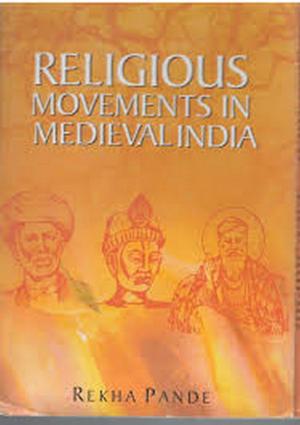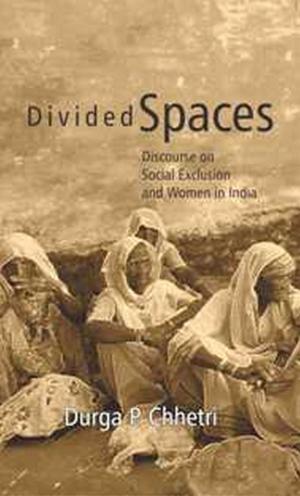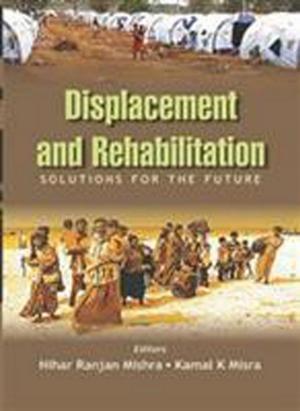Evolution of Indian Education
From Colonial Stranglehold to Resurgent India (A Critical Study, in an Historical Perspective, of The Development of Indian Education During the Period 1813 to 2013)
Nonfiction, Reference & Language, Education & Teaching, History, Asian, India| Author: | Jagdish Lai Professor Azad | ISBN: | 9788121251068 |
| Publisher: | Gyan Publishing House | Publication: | June 30, 2014 |
| Imprint: | Gyan Publishing House | Language: | English |
| Author: | Jagdish Lai Professor Azad |
| ISBN: | 9788121251068 |
| Publisher: | Gyan Publishing House |
| Publication: | June 30, 2014 |
| Imprint: | Gyan Publishing House |
| Language: | English |
We have discussed in details the progress of Indian education during the Colonial rule, as also in independent India; the policy paradigms, the system of finance, its magnitude, inter-sectoral priorities etc. in separate chapters.It has been observed that during the first sixty years of the Colonial rule ending 1813, the East India Company was engaged in expansion of territories through war, deception and other acts of high handedness. It was only in 1813 that an infinitesimally small amount of Rs. one lakh per annum was provided for the education of the natives. In fact, the Colonialists\' interest in education started from 1835, when the government decided to spend this amount on the promotion of European education through English. It may, however, be conceded that the modern Indian education rests on the edifice built up during the Colonial rule. Professor JagdishLal Azad(b. 1920) holds Master's degrees in Economics and Education. He was awarded the Doctorate degree by the University of Delhi on the basis of his Study: ‘Financing of Higher Education in India'. He has also passed the highest university examination in Persian: ‘Honours in Persian' of the Punjab University as also the High Proficiency examination in Urdu (Adib-e-Alam) of the same University.Prof. Azad retired as Chief of Education Division, Planning Commission, with which he was associated for more than two decades. Thereafter, he worked as (Visiting) Professor of Economics of Education at various universities including Sardar Patel University, (Gujarat) and JamiaMilliaIslamia. He was also Senior Fellow (ICSSR) at the National University of Educational Planning and Administration, as also Honorary Director of Planning Commission sponsored Research Projects at the Jawaharlal Nehru University. He was also a Fellow at the University of York (England). During his stay at that university, he completed a comparative study of financing of three universities each in England and India. He also participated in various conferences on education in India and abroad.Prof. Azad has been closely associated with the academic programmes of bodies like the University Grants Commission, National University of Educational Planning and Administration, National Council of Educational Research and Training and National Council of Teacher Education, etc. He was also Chairman/Member of a number of Committees/Study Groups set up by various academic organisations to advise on some of the important academic issues and programmes relating to educational development on an all India basis.Prof. Azad has written extensively on problems of Indian Education. His main areas of interest are: Educational Planning, Educational Finance, Educational Management, Economics of Education, Graduate unemployment etc. His published works include 16 books/monographs/ research reports, 20 research papers and a large number of papers/articles in educational/ research journals in India and abroad.Three of his books have been referred to in the International Encyclopaedia of Higher Education (Pergamon) Oxford, 1992. A number of his books have been prescribed as reference books by various Indian universities.
We have discussed in details the progress of Indian education during the Colonial rule, as also in independent India; the policy paradigms, the system of finance, its magnitude, inter-sectoral priorities etc. in separate chapters.It has been observed that during the first sixty years of the Colonial rule ending 1813, the East India Company was engaged in expansion of territories through war, deception and other acts of high handedness. It was only in 1813 that an infinitesimally small amount of Rs. one lakh per annum was provided for the education of the natives. In fact, the Colonialists\' interest in education started from 1835, when the government decided to spend this amount on the promotion of European education through English. It may, however, be conceded that the modern Indian education rests on the edifice built up during the Colonial rule. Professor JagdishLal Azad(b. 1920) holds Master's degrees in Economics and Education. He was awarded the Doctorate degree by the University of Delhi on the basis of his Study: ‘Financing of Higher Education in India'. He has also passed the highest university examination in Persian: ‘Honours in Persian' of the Punjab University as also the High Proficiency examination in Urdu (Adib-e-Alam) of the same University.Prof. Azad retired as Chief of Education Division, Planning Commission, with which he was associated for more than two decades. Thereafter, he worked as (Visiting) Professor of Economics of Education at various universities including Sardar Patel University, (Gujarat) and JamiaMilliaIslamia. He was also Senior Fellow (ICSSR) at the National University of Educational Planning and Administration, as also Honorary Director of Planning Commission sponsored Research Projects at the Jawaharlal Nehru University. He was also a Fellow at the University of York (England). During his stay at that university, he completed a comparative study of financing of three universities each in England and India. He also participated in various conferences on education in India and abroad.Prof. Azad has been closely associated with the academic programmes of bodies like the University Grants Commission, National University of Educational Planning and Administration, National Council of Educational Research and Training and National Council of Teacher Education, etc. He was also Chairman/Member of a number of Committees/Study Groups set up by various academic organisations to advise on some of the important academic issues and programmes relating to educational development on an all India basis.Prof. Azad has written extensively on problems of Indian Education. His main areas of interest are: Educational Planning, Educational Finance, Educational Management, Economics of Education, Graduate unemployment etc. His published works include 16 books/monographs/ research reports, 20 research papers and a large number of papers/articles in educational/ research journals in India and abroad.Three of his books have been referred to in the International Encyclopaedia of Higher Education (Pergamon) Oxford, 1992. A number of his books have been prescribed as reference books by various Indian universities.















